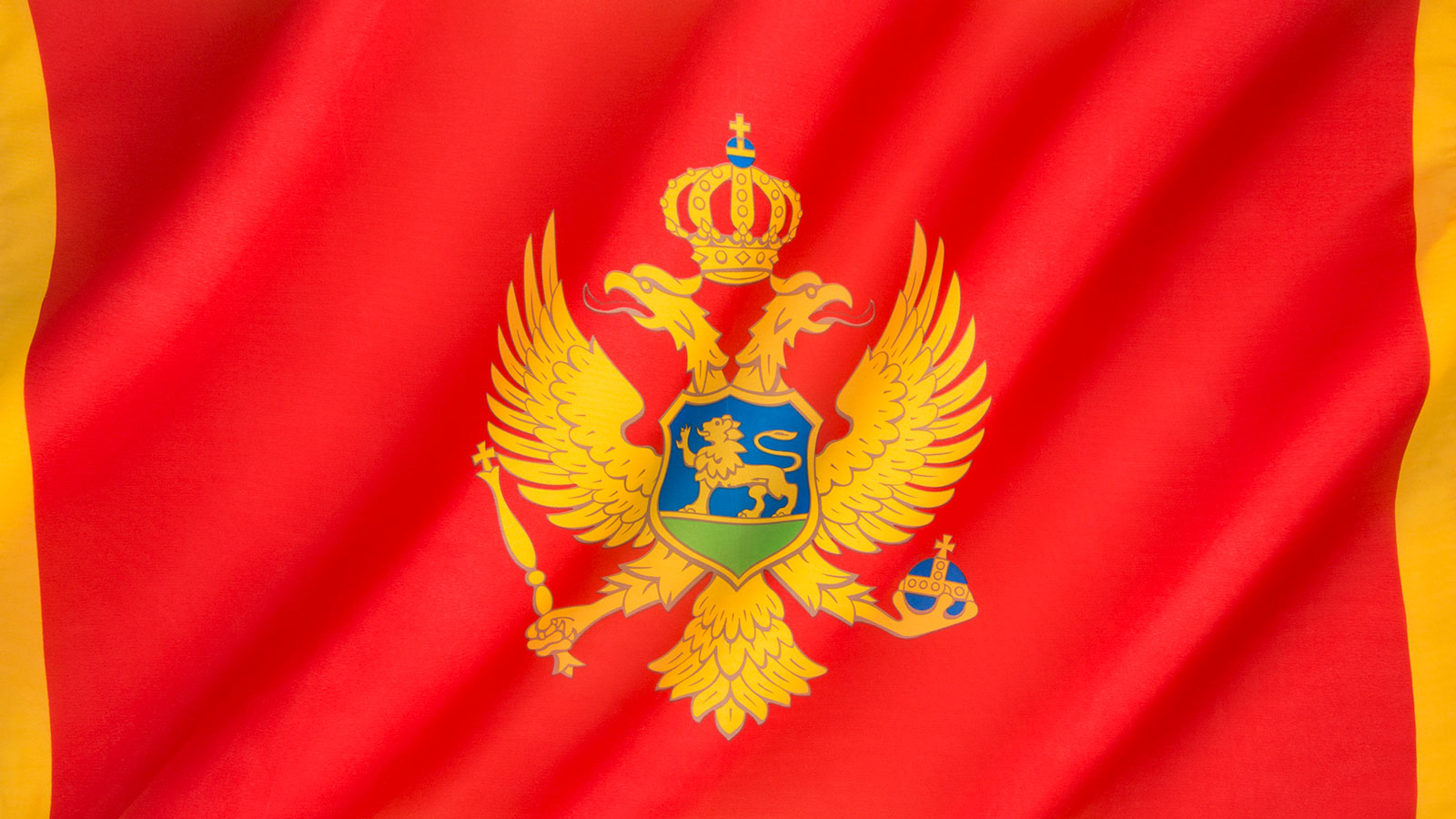Project will lay down foundations for a participatory approach to drafting of a new NGO Strategy for 2021-2023. Also, the project will contribute the realization of the arrangement to implement the Joint Action Plan on Counter-Terrorism for the Western Balkans that Montenegro and the EU signed In November 2019. In addition, the project will incorporate the achievement of The Strategy for the Suppression of Violent Extremism, adopted in February 2020, including the Law on the prevention of money laundering and terrorist financing that was amended in December 2019.
According to the last held census (in 2011), Montenegro had population of 620 145 inhabitants.
When the word is on the fight against corruption, Montenegro has done some progress and level of preparation within EU membership regarding this topic, especially in terms of track records on repression and prevention of corruption. Similarly, Montenegro authorities worked moderately in the fight against organized crime by addressing 2020 EU recommendations, in particular in improving access to law-enforcement agencies to key databases and increasing the number of investigators and experts in key areas. Furthermore, EU noted that the track record on seizure and confiscation of assets and final court decisions in corruption cases needs to be further improved, with need to review the legal framework in the area of prevention of corruption to address the issues identified through its application as well as to improve track records on repression and prevention of corruption. Furthermore, gender-based violence, in particular domestic violence, unfortunately remains a serious and persistent criminal, societal and public health issue. Only in 2020, 265 cases of domestic violence were registered as criminal offences and further, 2 133 by the misdemeanor courts, as reported by the EU.
As for migrations, the arrival of irregular migrants fell by 60% in comparison to 2019, with 3149 migrants apprehended in 2020, according to the EU Report. Despite the Montenegro’s capacity to manage mixed migration flows, still sustained efforts are needed to cope with migratory pressures.
Results from 2020 Parliamentary elections included change of the ruling coalition, transforming dynamics between the executive and legislative powers with emphasis on the questions of religious communities and ethnicity that per se dominated the political agenda in Montenegro during 2021. In December the same year, by election of the 42nd Government of Montenegro, number of ministries was reduced substantially, composing government mostly of non-politically affiliated experts. By establishment of Government, Parliament established also new Committee for a comprehensive electoral reform, whose mandate is to propose legislative reforms by the end of 2021 and three civil society organizations were invited to participate. Montenegro is on its path towards the EU membership, which is why EU defined seven key recommendations for this state. Those include defining the purpose of and establishment of minimum requirements for all medium-term government planning documents; publish mentioned documents on the Government website in order to achieve greater transparency; to develop a coherent medium-term budgetary framework with clear links between government policy and resources; defining and establishment of rules requiring more specific analysis and reporting to the level of the implementation of key laws in Montenegro; strengthening internal capacities of the GSG to review the content of draft government policies for coherence with previous commitments and priorities; organization of existing MoF resources to better monitor sector policies and scrutinize fiscal impact estimations of new policy proposals; and to further develop the Programme of Accession of Montenegro to include more specific prioritization of actions at the level of Government.
As for civil society in Montenegro, its role is recognized and promoted even though the current legal as well as institutional framework have to be further improved in order to strengthen the consultation and cooperation mechanisms between state institutions and organizations of civil society, especially in terms on EU integration. Montenegro authorities did not adopt law on volunteering that could promote and regulate volunteer work in CSOs and increase its human resources. Strategy for improving the environment for NGOs has expired since its timeframe was 2018 – 2020 and hence it needs to be replaced by new one. In 2020, most of the ministries appointed CSO members to the working group for drafting laws and State strategies in their respective areas but even then, not all ministries conducted public consultations while drafting laws Although having legal funding rules that are in place, not all government ministries have launched calls with whom it would award grants to CSOs. Furthermore, the Council for Cooperation of State Administration Bodies and Non-Governmental Organizations is a body consisting of an equal number of state officials and CSO representatives and until suspension due to the change of government in 2020, it held three meetings. It is important mentioning that rules for public funding of CSOs in Montenegro provide for a minimum of 0.5% of the state budget to be allocated to civil society, with 4.6 million EUR to be reallocated for 2021.
Relevant strategies:
National Strategy for Sustainable development until 2030
Strategy for development of nongovernmental organizations 2014 – 2016
Strategy of cooperation of the Government of Montenegro and non-governmental organizations
Relevant institutions for reporting on the mentioned issues and topics: Organization for Security and Cooperation in Europe, United Nations, Ministry of Foreign Affairs Montenegro, Ministry of public administration, digital society and media – Directorate for cooperation with NGO, The EU-Montenegro Civil Society Joint Consultative Committee (JCC)








